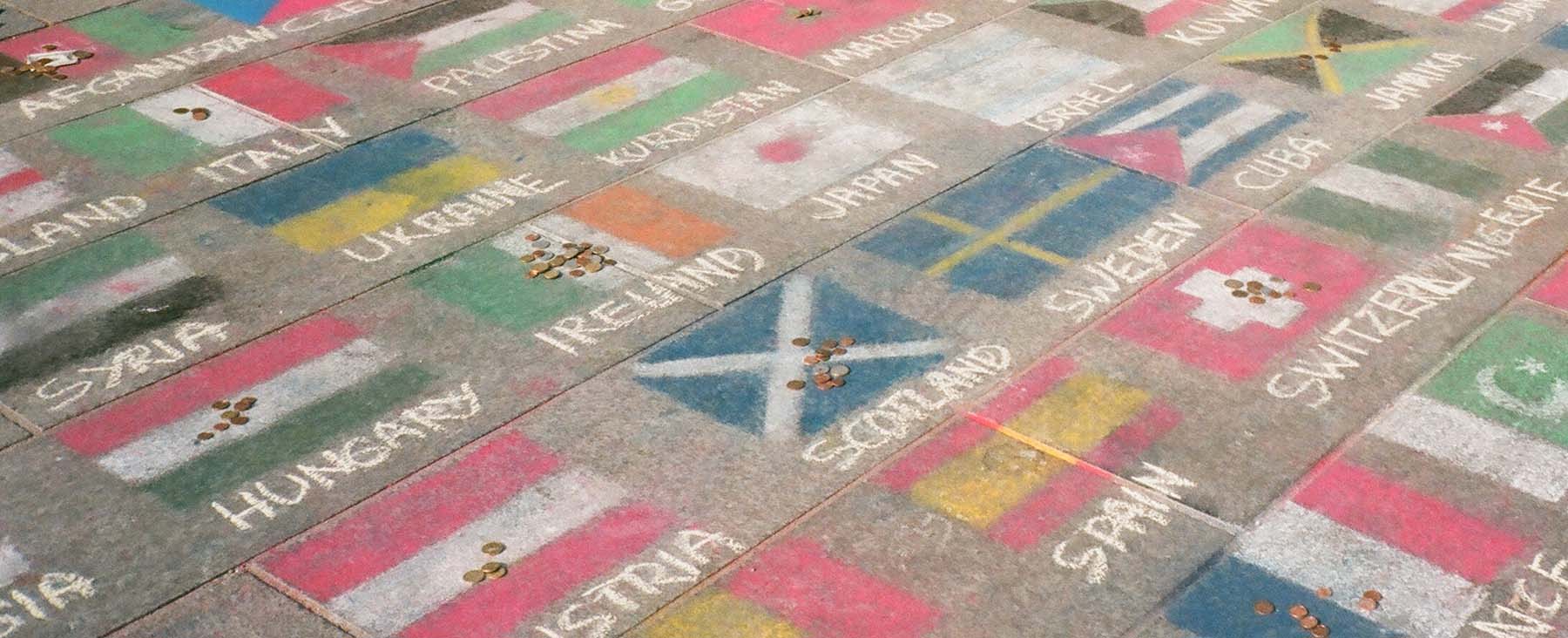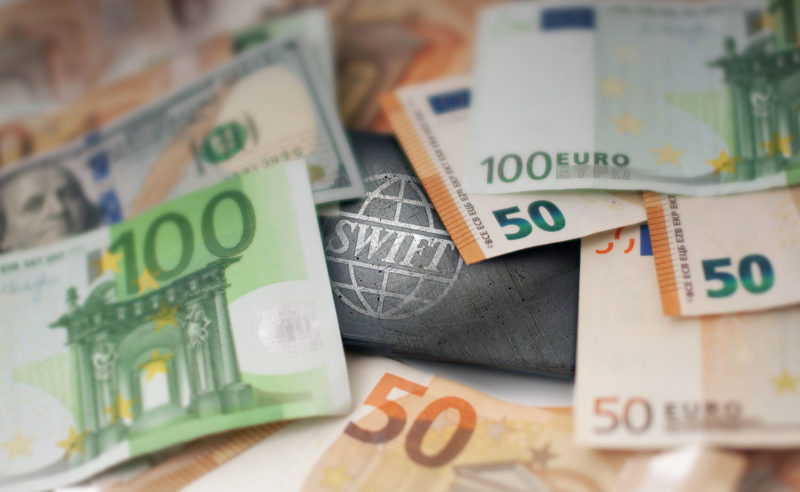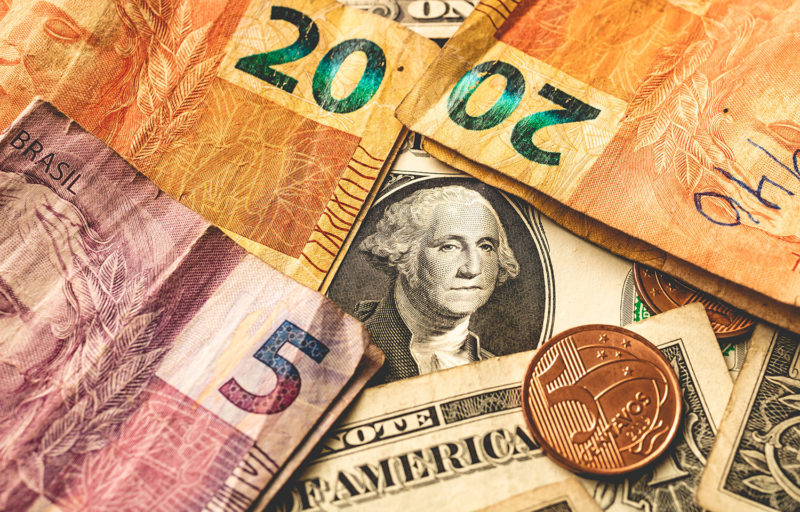

The rising power of the BRICS
The emerging states that comprise the BRICS group represent five of the world’s largest economies. A rising force that aims to redefine the international political and economic order, hitherto dominated by organisations created by Western powers.
The association comprising Brazil, Russia, India, China and South Africa, a group of major emerging economies known as the BRICS, represents more than 40% of the population and almost 25% of the world’s GDP. A strategic alliance that has laid the foundations for a new international political and economic order, designed to offer an alternative to the Western model, until now subject to the hegemonic power of the United States and the dollar as the world’s reserve currency.
Many other countries have expressed interest in joining the bloc: Iran and Argentina applied for membership in 2022, while Saudi Arabia, Turkey, Algeria and Egypt have also expressed interest. Given that some of these countries are major oil producers, the impact that these accessions would have on strengthening the alliance’s sphere of influence cannot be underestimated.
Democratising globalisation
With the creation of a new development bank and a financial stability fund, the BRICS will play a key role in shaping the global financial system. The aim is to provide alternative sources of finance to developing countries. These initiatives are expected to challenge the status quo of traditional Western-dominated financial institutions such as the International Monetary Fund (IMF) and the World Bank.
The need to set up this alternative structure has arisen, in part, because the IMF has not adapted to the new economic situation of a multipolar world. The new emerging powers are no longer content to be treated as the backyard of the United States, countries where for decades governments have been set up, with the complicity of the IMF, to serve the interests of American corporations, as it is happening in Ukraine.
The persistent US veto of proposals to give emerging countries voting rights more in line with their weight in the world economy, together with the refusal to reform restrictive policies in the face of economic crises that ensure misery for the population and huge profits for multinationals, have spurred a paradigm shift that will rebalance the distribution of global power.
Disengaging from the dollar
Russia and China signed agreements decades ago to initiate de-dollarisation programmes to protect and shield their economies from US government and International Monetary Fund (IMF) sanctions. The trade war against China and the unprecedented economic sanctions against Russia as a result of the conflict in Ukraine have accelerated this process of de-dollarisation, which more and more countries are joining every day, concerned about the abuse of privilege by the American giant when it comes to militarising access to and the use of the dollar to serve its economic and geopolitical interests.
In this context, the BRICS are considering the creation of their own currency, a common currency as proposed by Brazilian President Lula da Silva, which would further weaken the ability of the United States to pursue its aggressive foreign policy. President Vladimir Putin announced in June 2022 that the idea would be discussed at the BRICS summit in South Africa in August 2023.
In addition, the central banks of China, Russia, Turkey, Uzbekistan, Qatar and India are buying and accumulating gold reserves in record amounts, the likes of which have not been seen for 55 years. A phenomenon that some geopolitical analysts see as an unmistakable sign that they are diversifying their economies to break free from the hegemony of the dollar.
On the other hand, the use of economic sanctions to exclude banks from the SWIFT interbank communications protocol has consolidated efforts to create alternative systems such as the Chinese (CIPS) or the Russian (SPFS), to which 52 financial entities from 12 countries already have access, and which is already available for the connection of banks from the five countries that make up the BRICS alliance.
11Onze is the community fintech of Catalonia. Open an account by downloading the super app El Canut for Android or iOS and join the revolution!





Gràcies
Gràcies a tu, Joan!!!
Crear una alternativa a l’FMI pot obrir unes possibilitats molt noves als països en vies de desenvolupament lluny. del neo-colonialisme made in USA
Doncs, sí, Francesc. Nosaltres també pensem que és bo tot allò que vagi en la direcció de descentralitzar l’economia. Per això també parlem aquí de DeFi (Decentralized Finance): https://www.11onze.cat/11onze-tv/descobreix/finances-descentralitzades/.
Estarem atents 💪💪
A veure com evoluciona el BRICS…
Sí, Pere, hi haurem d’estar pendents.
Bon articles fent 4 cèntims sobre els Brics
Gràcies, Guillem!
Molt bon article!!!!
Gràcies, Manel!
Okee felicito als BRICS I per suposat us felicito per l’article
Gràcies pel teu suport, Alícia!
Impressionant article 👏👏👏👌veurem a l’agost com va 📊
Sí, Jordi; caldrà anar-ho seguint de prop. Gràcies per la teva bona valoració!